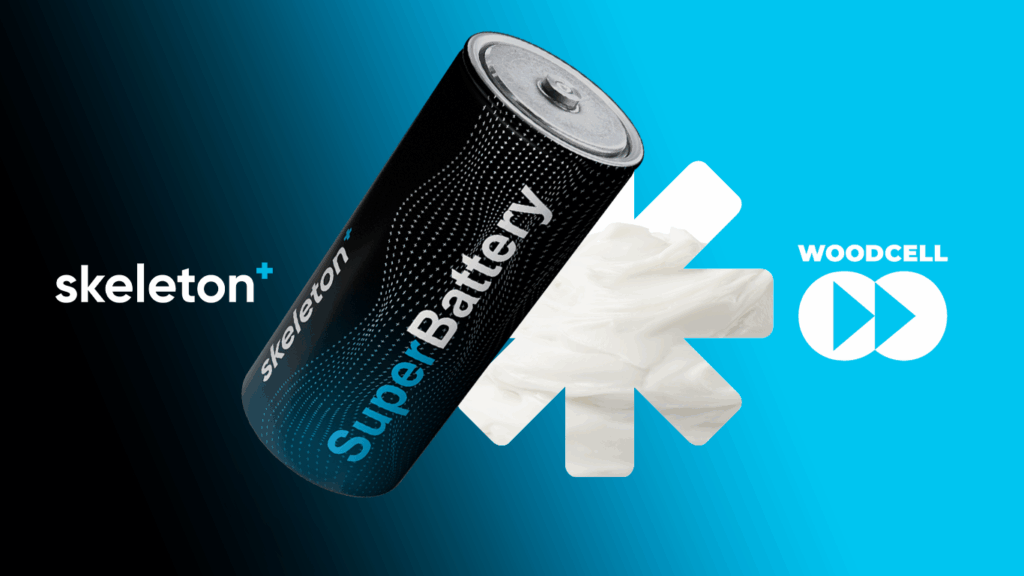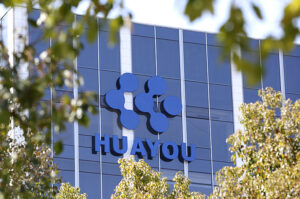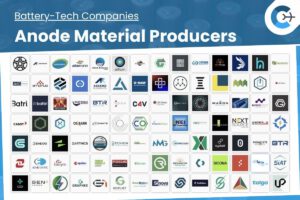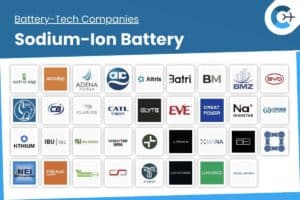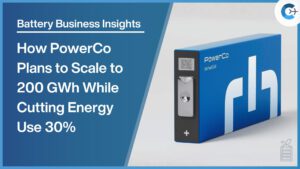Skeleton Technologies has joined the WOODCELL project, a European Union–cofunded initiative led by Estonian firm Fibenol OÜ that focuses on producing microcrystalline cellulose (MCC) from low-value wood residues. The project aims to develop bio-based binders for lithium-ion batteries, replacing conventional petroleum-derived materials and addressing the growing demand for more sustainable energy storage solutions.
MCC is a naturally derived, non-toxic cellulosic material commonly used in pharmaceuticals and food industries as a binder or thickener. Fibenol’s proprietary fractionation process breaks down non-crystalline cellulose and separates out fine MCC particles, leaving adjustable amounts of residual lignin. By partnering with Fibenol, Skeleton is evaluating whether MCC can match or exceed the performance of synthetic binders like polyvinylidene fluoride (PVDF), which resists degradation and poses environmental concerns as a PFAS substance.
Battery binders play three critical roles: they optimize electrode slurry viscosity for manufacturability, ensure strong adhesion of active materials to current-collector foils, and enhance mechanical durability under cycling stress. Because MCC is compatible with water-based processing, it offers a potential route to eliminate harmful solvents such as N-methyl-2-pyrrolidone (NMP) currently used in electrode fabrication. This shift could reduce toxic-solvent exposure and lower the carbon footprint of electrode manufacturing.
Although binders account for a small share of a cell’s material cost, their environmental impact and recyclability are significant factors in the overall battery lifecycle. Producing MCC locally in Estonia through an energy-efficient fractionation process also shortens supply chains and reduces transport-related emissions.
Lotta Gustavsson, Senior Battery Scientist at Skeleton Technologies, commented that the WOODCELL collaboration aligns with the company’s goals to develop high-performance, environmentally friendly energy storage solutions. As the global battery market expands, the integration of bio-based materials like MCC will be vital to transitioning from fossil-derived raw materials toward a more circular, low-carbon battery economy.
Source: Skeleton Technologies News

